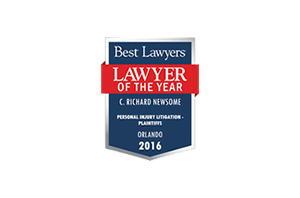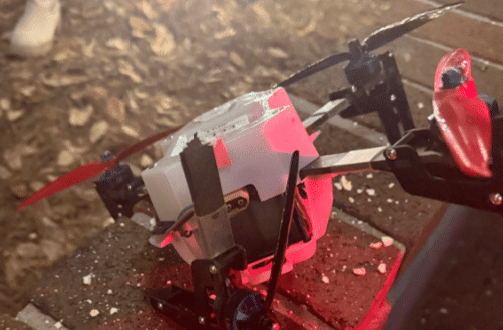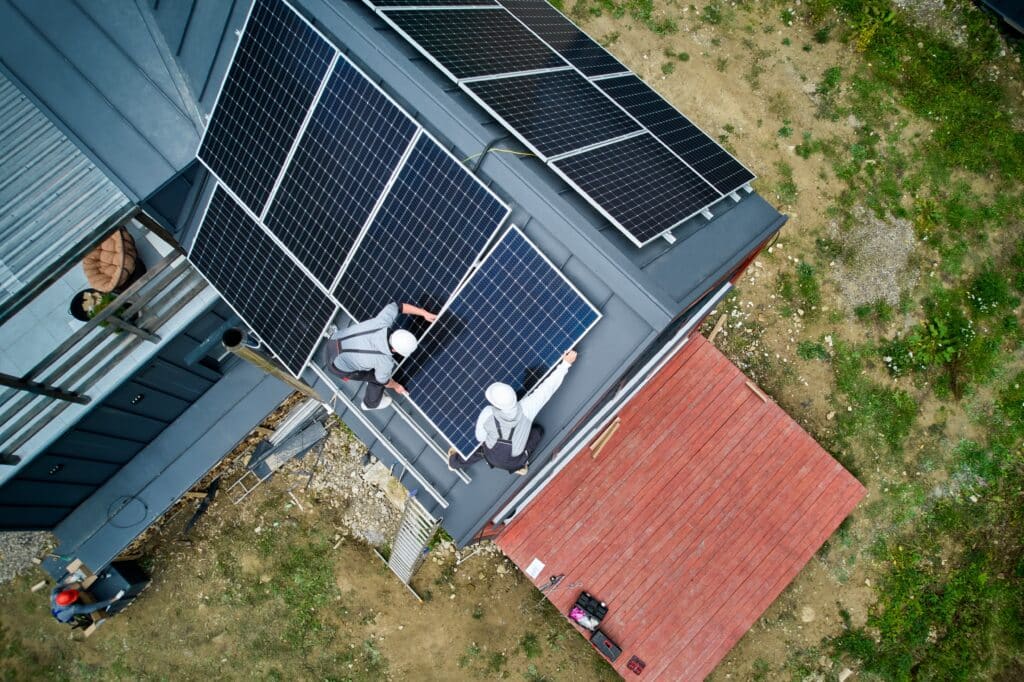Billions of Dollars Won For Our Clients
Case Result
$5,100,000
Product Liability - AirbagCase Result
$15,000,000
Premise LiabilityCase Result
$9,000,000
Sexual AssaultCase Result
$8,780,000
Auto CrashCase Result
$5,000,000
Product Liability - TireCase Result
$20,000,000+
Product LiabilityCase Result
$3,900,000
Sexual AssaultCase Result
$2,900,000
Product Liability - TireCase Result
$11,000,000+
TruckingCase Result
$12,500,000
Sexual AssaultCase Result
$17,000,000+
TruckingCase Result
$15,160,000
NegligenceCase Result
$17,500,000
TruckingCase Result
$2,292,000
NegligenceCase Result
$5,375,000
Product Liability - TireCase Result
$2,200,000
Product LiabilityCase Result
$5,000,000
Product Liability - TireCase Result
$2,360,000
Product LiabilityCase Result
$4,250,000
TruckingCase Result
$2,750,000
NegligenceCase Result
$3,500,000
TruckingCase Result
$4,000,000
Product liabilityCase Result
$11,200,000
TruckingCase Result
$26,000,000
Product Liability – Tire/Vehicle CrashworthinessCase Result
$25,900,000
Commercial Trucking – Wrongful DeathCase Result
$25,000,000
Product Liability / Wrongful Death – Truck AccidentCase Result
$2,000,000
Vehicle CrashworthinessCase Result
$2,200,000
Product Liability- TireCase Result
$2,700,000
Occupant RetentionCase Result
$3,110,000
Product Liability- TireCase Result
$4,500,000
Product Liability- Tire/ Vehicle CrashworthinessCase Result
$5,000,000
Vehicle CrashworthinessCase Result
$5,000,000
Product Liability- TireCase Result
$5,000,000
Product LiabilityCase Result
$6,500,000
Product Liability- TireCase Result
$9,300,000
Product Liability- TireCase Result
$10,000,000
Vehicle CrashworthinessCase Result
$12,500,000
NegligenceCase Result
$3,300,000
Product Liability- Airbag DefectCase Result
$4,600,000
Vehicle CrashworthinessCase Result
$4,750,000
Vehicle CrashworthinessCase Result
$17,200,000
Product Liability- Tire/Vehicle CrashworthinessCase Result
$5,000,000
Product Liability- Valve StemCase Result
$5,750,000
Product Liability- TireCase Result
$2,000,000
Product Liability- TireCase Result
$5,500,000
Product Liability- TireCase Result
$2,010,000
Product Liability – TireCase Result
$2,505,000
Product Liability – TireCase Result
$25,910,000
Product Liability / Wrongful Death – RolloverProduct Liability
We have spent decades fighting to hold manufacturers accountable for injuries and deaths caused by dangerous and defective products. During that time, we’ve helped families rebuild their lives, and forced nationwide recalls that saved others from suffering the same fate.

Complex Contingency Litigation
In the world of complex contingency litigation, having expert legal representation is crucial. It’s about protecting rights, fighting for justice, and navigating intricate legal processes. At our firm, we specialize in handling these complex cases with precision and dedication.

Mass Action
Mass tort lawsuits involve a group of people filing similar claims against a defendant, often for injuries caused by a defective product or harmful drug. It’s a way for individuals to seek justice collectively.

Class Action
Corporations often get away with fraud and other misconduct because they have expensive lawyers and endless resources. But that doesn’t have to be the case. Our class action team leverages our firm’s talent, knowledge, and resources to fight back on behalf of everyday consumers

Commercial Trucking
Trucking companies put everyone else on the road in danger when they fail to follow the rules. We know the rules and have seen the severe and fatal injuries that follow when they are broken. That’s why we are passionate about fighting for the victims of trucking company negligence.

Catastrophic Injury
If you’ve been involved in an auto accident in Orlando, don’t hesitate to reach out to our skilled team of attorneys. Our top priority is to fight for your rights and help you get the compensation you deserve while you focus on healing from your injuries.

Contingency Probate Litigation
A contingency probate lawyer is a legal professional who works on a contingency basis when dealing with probate matters. This means that their payment for services provided hinges on achieving a successful outcome for their client.

Appellate
Advocacy
An appellate advocacy lawyer, also known as an appellate attorney, specializes in taking cases to appellate courts, challenging the decisions of lower courts. These lawyers possess a deep understanding of appellate law and procedure.

Trial
Co-Counsel
A trial co-counsel is a role taken by an attorney who works in conjunction with another attorney to represent a client in a trial. They share the responsibility of handling the case, including planning the trial strategy, researching legal precedents, preparing and presenting arguments, and handling paperwork.

Sexual Assault
At Newsome Melton, we are committed to standing up for survivors of sexual assault. Our experienced legal team fights tirelessly to hold perpetrators and negligent organizations accountable for their actions. We are here to support you through every step of the legal process, ensuring your voice is heard and justice is served.

At Newsome Law, we don’t just try cases, we get answers. We know: all lawyers do that. But in fact, it’s not that simple. Most law firms are built around volume practices. That means they take many cases, hoping to settle each as quickly as possible. For a lot of clients, especially those with relatively minor injuries, that’s good enough. But for those who have suffered the most severe sort of harm, it’s not.
Their cases are complex, often pitting them against large companies that can hire top-flight legal talent to defend them. The cases are expensive to try, requiring expert testimony, detailed investigations, and enormous amounts of preparation, determination, and commitment. They demand resources most firms just can’t – and won’t – muster. The result: the most crucial issues and questions can go unanswered. Choose our personal injury lawyers today at Newsome Law.
C. Richard Newsome, ESQ
Senior Partner
Patrick Alex Gillen
Attorney
Amy Judkins
Attorney
Caroline Newsome
Attorney
Michele Reed
Attorney
OUR CLIENTS
Testimonials
OUR AFFILIATIONS
Trust, Leadership, Integrity
Recognized as leaders in product liability law and complex litigation cases, year after year.


















The Dark Side of IVF: How Human Error and Lack of Regulation Are Failing Patients
In recent years, in vitro fertilization (IVF) has provided hope to countless women and couples striving to build families. However, a series of distressing incidents have highlighted significant vulnerabilities within the industry, primarily stemming from human errors and a lack of legal regulation. One of the most alarming types of errors in IVF treatments involves embryo mix-ups, where embryos are mistakenly implanted into the wrong patients.

Holiday Drone Show Accident at Lake Eola: Investigation Continues into Tragic Drone Crash
The National Transportation Safety Board (NTSB) released a preliminary report regarding a drone crash that happened on December 21, 2024 during a holiday drone show at Lake Eola in downtown Orlando, Florida. This event, orchestrated by Sky Elements LLC on behalf of the City of Orlando, resulted in a swarm of drones veering off course, with one drone striking 7-year-old Alezander Edgerton, causing …

Lumio Bankruptcy Update: Motion to Convert to Chapter 7 Filed on October 25
Last month, Lumio petitioned for bankruptcy in the midst of ongoing allegations that it has defrauded consumers across the country. At the time, Lumio told the Court it intended to restructure through a Chapter 13 proceeding, with a company named White Oak footing the bill. But it seems the plans have changed as the Official Committee of Unsecured Creditors for the Lumio Bankruptcy proceeding filed a motion …

